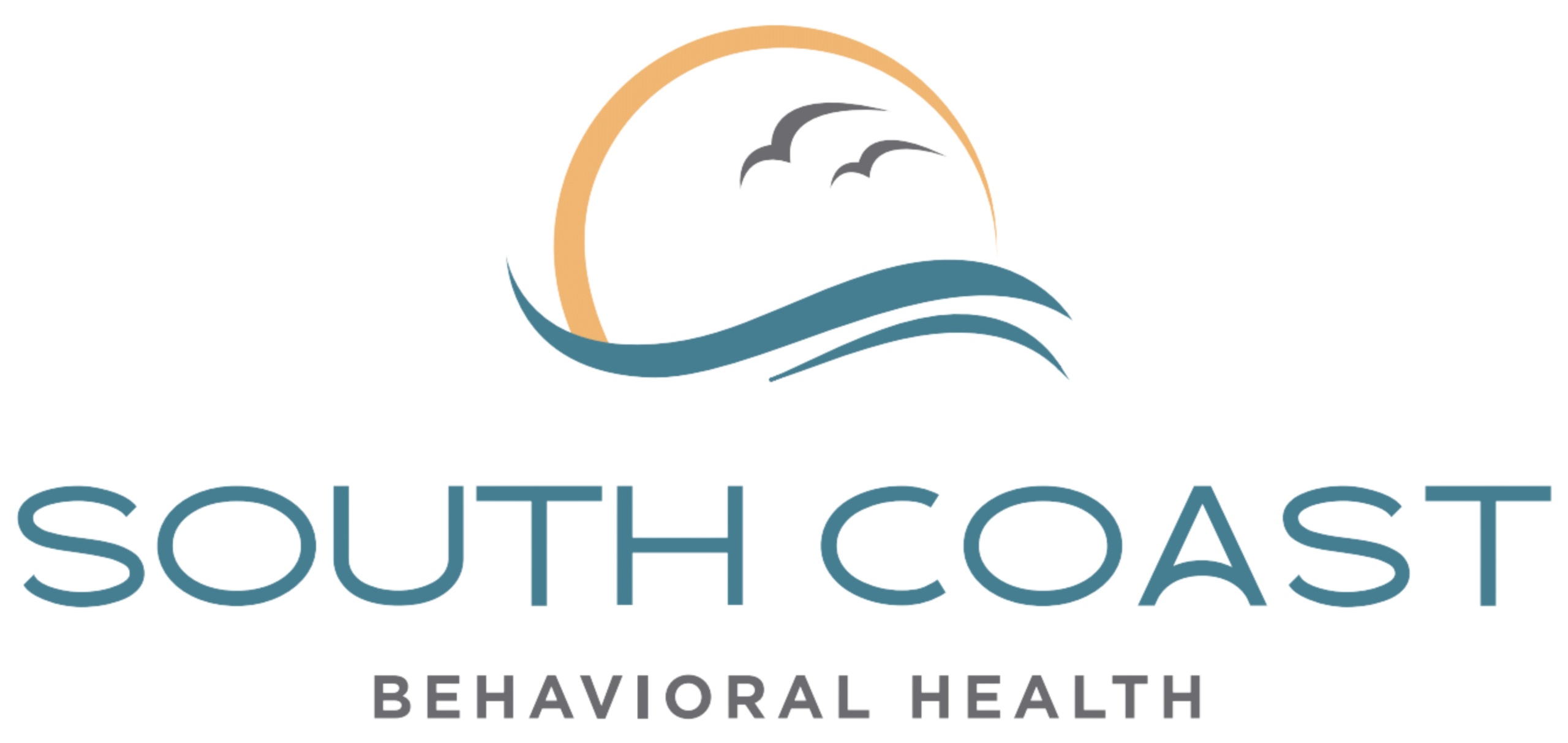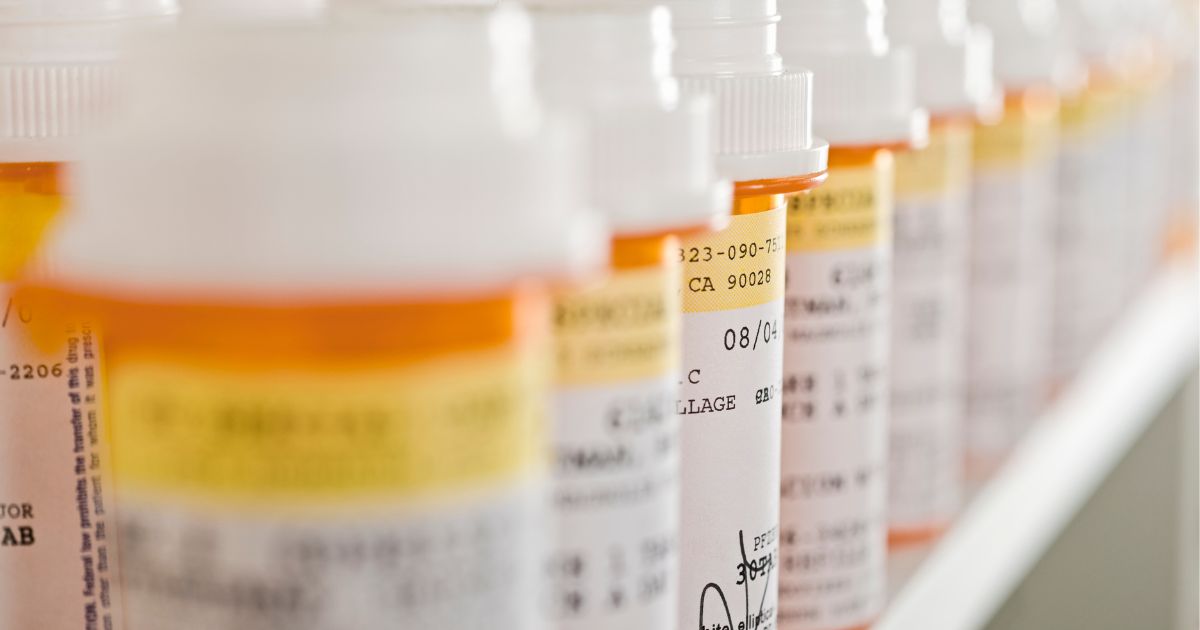Anyone in recovery knows that while detoxing isn’t easy, staying sober is the real challenge. Whether you’re in recovery or not, life can be hard to deal with sometimes.
In this article, we’re going to discuss sobriety, some tips for staying sober, and when you should consider treatment.
What Is Sobriety?
Sobriety refers to a state of being free from the influence of alcohol or drugs. It is a process of abstaining from substance use and learning to live a healthy and fulfilling life without relying on drugs or alcohol.
Staying sober involves a commitment to a sober lifestyle, which includes avoiding triggers and temptations that can lead to substance use. It also includes adopting a healthy diet, engaging in regular exercise, and finding ways to manage stress and anxiety without turning to drugs or alcohol. With time and effort, individuals in recovery can achieve lasting sobriety and live a fulfilling and meaningful life.
What Makes Staying Sober So Hard?
The main reason staying sober is hard for those in recovery is because of the changes to brain chemistry caused by substance abuse. Essentially, drugs interfere with the proper functioning of your brain’s neurons. Some substances, like marijuana or opiates, mimic certain neurotransmitters (brain chemicals), leading to your brain functioning abnormally.
For example, some drugs like cocaine can increase the amount of a neurotransmitter called dopamine, which is associated with pleasure and reward. This can easily lead to addiction as the brain is no longer able to “reuptake” (recycle) previously-released dopamine.
In addition, drugs like amphetamines not only prevent this reuptake but actually boost dopamine production altogether. Excessively high levels of dopamine are neurotoxic and can damage your brain’s neurons.
Other drugs can affect the way your brain processes information, making it harder for you to think clearly or remember things. This can make it difficult to make good decisions or to remember important information.
Over time, drug use can also cause physical changes in your brain, such as shrinking certain areas or reducing the number of neurons. This can have long-lasting effects on your mental health and cognitive abilities.
Get confidential help from our addiction treatment specialists in Orange County. Call to join our rehab program today!
Call 866-881-1184Nine Tips for Staying Sober
The journey to sobriety can be difficult, so having a clear understanding of healthy habits you can practice to stay sober can be a huge help. If you are looking for tips for staying sober, there are a range of activities and resources available for you.
Here are nine tips for staying sober:
- Build a support system
- Avoid triggers
- Take care of your body
- Attend regular meetings or therapy sessions
- Learn to manage stress
- Stay busy and productive
- Recognize the signs of relapse
- Avoid old routines and environments
- Find healthy hobbies
Whatever you are currently going through, know that you can gain the tools to live a healthy and happy life free from substances. By practicing each of these nine tips for staying sober, you will be able to manage cravings, avoid relapse risks, and develop a fulfilling life in recovery.
Build a Support System
Having a strong support system is crucial for staying sober. This can include friends, family, a sponsor, a therapist, or a support group. Make sure to surround yourself with people who understand and support your sobriety.
Avoid Triggers
Identifying and avoiding triggers that can lead to substance use is important. This could be anything from certain people, places, or activities that remind you of using. By avoiding these triggers, you can help reduce the temptation to use again.
Take Care of Your Body
Developing healthy habits such as regular exercise, a healthy diet, and getting enough sleep can help improve your overall well-being and reduce the risk of relapse. Engage in activities that bring you joy and help you relax, such as hobbies or mindfulness practices.
Attend Regular Meetings or Therapy Sessions
Regular attendance of meetings or therapy sessions can help you stay on track with your sobriety goals. This can also provide a sense of accountability and support from others who are going through similar struggles.
Learn to Manage Stress
Stress is a common trigger for relapse, so it’s important to learn healthy ways to manage stress. This could include positive thinking, mindfulness practices, exercise, or talking to a therapist or support group. Learning to manage stress can reduce your risk of relapse and improve your overall well-being.
Stay Busy and Productive
Staying busy and productive can help you stay focused on your goals and reduce the temptation to use. This could include volunteering, pursuing education or career goals, or engaging in hobbies or other activities that bring you fulfillment.
Recognize the Signs of Relapse
There are various signs of relapse and if you know what they are, you can potentially stop one before it starts. Some relapse warning signs include increased stress or anxiety, engaging in compulsive behaviors, changes in eating or sleeping patterns, or increased cravings to use drugs or alcohol.
For more details on the risk factors and signs of relapse, click here.
Avoid Old Routines and Environments
Staying sober is a lot harder to do when you do the same routines or go to the same places where your substance use disorder began. Stay away from friends who still use drugs or who cannot support your sobriety.
Find Healthy Hobbies
Finding healthy and enjoyable hobbies can be a great way to stay sober. It gives you something productive to do and also provides a distraction from using drugs or alcohol. Examples of healthy activities to consider include joining a gym, hiking, playing sports, or joining a support group.
Can a Treatment Center Help You Stay Sober?
If you’re having a hard time staying sober, it’s important to recognize that seeking treatment can be beneficial. Treatment can provide you with support and guidance, helping you stay on track with your sobriety goals. Treatment programs, such as our residential treatment or intensive outpatient programs in California, can provide you with the structure you need to maintain sobriety.
The treatment programs at South Coast Behavioral Health provide a supportive environment where individuals can access resources to help them stay sober. These programs are often tailored to meet the individual needs of the participants, providing them with the tools they need to live a full and healthy life free from addiction. To learn more about them, call us at 866-881-1184. Our highly qualified staff are available 24/7 to take your call.
REFERENCES:
Drugs, Brains, and Behavior: The Science of Addiction – NIDA























